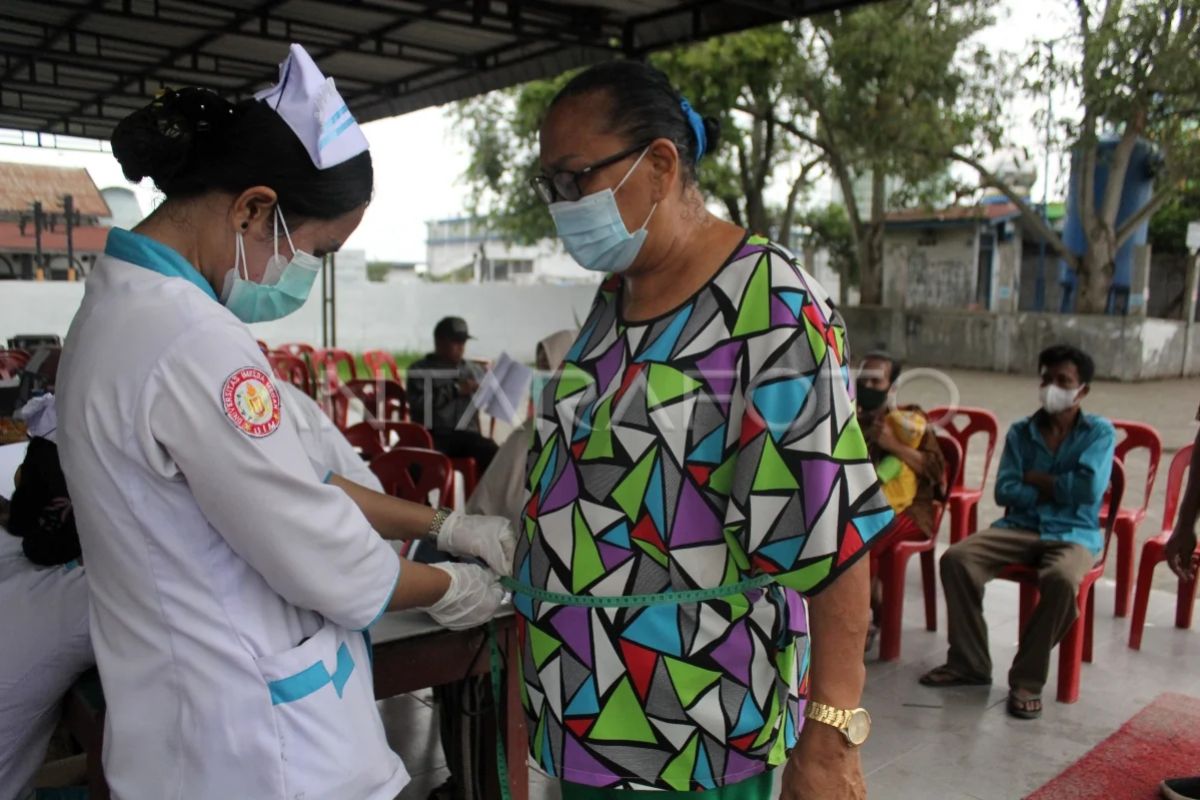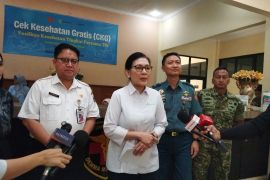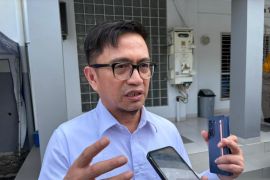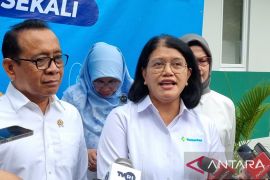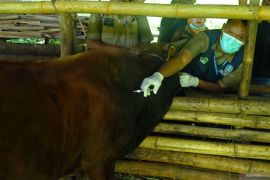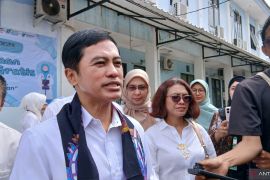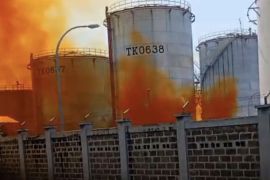"Previously, Indonesia could only detect up to 500,000 TB cases, but this fell to around 300,000 during the COVID-19 pandemic," he said in a written statement from the Ministry of Health on Sunday.
He said that the TB early detection system in Indonesia was recovering with the number of detected TB cases reaching 700,000 in 2022 and 800,000 in 2023.
Sadikin said that Indonesia is committed to improving the TB early detection system to reach 900,000 by 2024 from the estimated 1 million TB cases in Indonesia so that all patients can access more optimal treatment.
During the meeting, he also said that Indonesia, the country with the second-highest burden of TB cases in the world, is committed to providing shorter TB treatment, strengthening collaboration with communities, and implementing financing innovations for TB services.
Sadikin said that eliminating TB would have a positive impact on Indonesia's economic growth. Hence, his ministry is collaborating with the community and local health officers to screen 2.2 million people at high risk of TB.
"We involve the community to form the 'TBC Army', a trained group of TB survivors that assists in detecting and monitoring multidrug-resistant tuberculosis (MDR-TB) patients," he said.
MDR-TB is a type of TB that is resistant to the most powerful anti-tuberculosis drugs. It means that those drugs are no longer effective in killing TB bacteria in the patients' bodies.
Indonesia is also encouraging innovation in tuberculosis diagnosis by producing five PCR-based TB detection kits used by 1,000 laboratories in Indonesia.
“We are also accelerating the application of precision medicine by establishing a biomedical and genomic sciences initiative that includes genome sequencing on MDR-TB samples to improve surveillance,” he said.
Sadikin added that Indonesia also ensures that TB treatment is accessible to everyone. Indonesia is one of the first countries in Asia to use BPaL (bedaquiline, pretomanid, and linezolid) and BPaLM (bedaquiline, pretomanid, linezolid, and moxifloxacin) in MDR-TB treatments.
The treatment is known as a short-term oral regimen for drug-resistant tuberculosis (DR-TB), helping shorten treatment from the original 9–11 months to six months and using injections.
Additionally, Indonesia is supporting operational research on the potential for shorter treatment regimens for drug-sensitive tuberculosis (DS-TB).
If DR-TB requires a more complex treatment approach because the bacteria, Mycobacterium tuberculosis, are resistant to certain drugs, DS-TB can be treated with a standard regimen. However, the current duration of DS-TB treatment is still around 6–9 months.
Related news: Indonesia pushes for accelerating procurement of newest TB vaccine
Related news: Ministry calls for active public participation in TB prevention
Translator: Andi Firdaus, Cindy Frishanti Octavia
Editor: Anton Santoso
Copyright © ANTARA 2024
